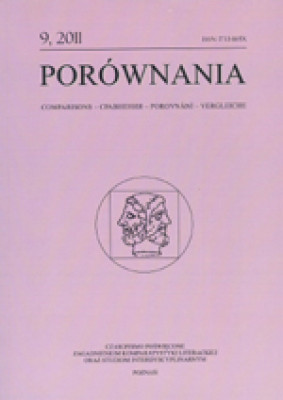The youngest Polish literature in Hungary or why we don’t read Chutnik?
While the young generation of Polish authors provoke and entertain at the same time and the publishers are struggling to find even younger and more talented wonder children of literature, the common reader can choose Polish pulp fiction, crime stories, fantasy and science-fiction besides high literature. However, none of these bestsellers became a success in Hungary. Some were not translated, and there are various reasons. Sylwia Chutnik, the radical housewife and feminist was obviously too harsh, too political, too feminist to get published, whereas the publishers’ denial of the existence of a highly successful Polish popular literature is due to a combination of factors. On the one hand, while Hungarian authors of high literature mainly write their still predominantly postmodernist texts for committees, foundations and critics, not to mention their colleagues, the Polish authors turned to their audience producing not only high, but in many cases, highly entertaining and popular literature. These profoundly different strategies, as well as the centralization of Hungarian cultural life, determine the reception of translated works more than the common Central-European context or the mutual interest of the “cousin” nations. The only exception among young authors such as Dorota Masłowska, Michał Witkowski and the above mentioned Sylwia Chutnik seems to be the half-Hungarian, half Polish Krzysztof Varga, whose double identity might be the key to success.
ISSN: 1733-165X
| Article Title | Type | Size |
|---|---|---|
| Porownania 9 01 19 | [pdf] | [522 KB] |
